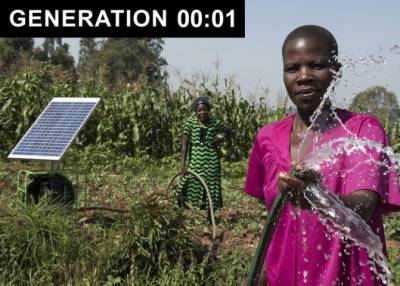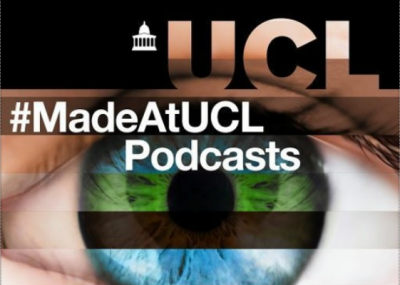We use a gender perspective to explore the underlying causes of unsustainable development pathways, and the societal impacts of climate change and environmental degradation.
Description
We look at gender relations, inequalities and power to explore:
The underlying causes of unsustainable development pathways: we are interested in gender politics, including gender imbalances in political participation and power relationships, and how these influence climate change related strategies and policy making.
The societal impacts of climate change and environmental degradation: we conduct empirical research and collaborate with Non-Governmental Organisations to understand how environmental changes impact societies. We collect and analyse gender and age-disaggregated data to examine how social identities intersect and lead to different vulnerabilities and capacities to face and respond to disasters.
The (in)equalities of power in policy and programming responding to climate change and reducing disaster risks.
 Lecture on Gender and Climate change: why are women at more risk from global heating?
Lecture on Gender and Climate change: why are women at more risk from global heating?

In this Lunch hour lecture, UCL researchers discuss the impacts of heat-related risks and how violence against women and girls undermines their resilience to climate change (the recording of the lecture is also available to watch on the UCL YouTube channel).
 Understanding climate change through a feminist lens
Understanding climate change through a feminist lens

This episode from Season 2 of the #MadeAtUCL Podcast series is about awareness and the activism it can lead to. Three members of the UCL community discuss the problems they have been confronted by: Hope Oloye, a PhD student whose programme Thinking Black is breaking down barriers to higher education; Virginie Le Masson, a geographer working with women across the world to understand climate change through a feminist lens, and Emilia Molimpakis, a neuroscientist and entrepreneur who is revolutionising mental health care.
 Close
Close

